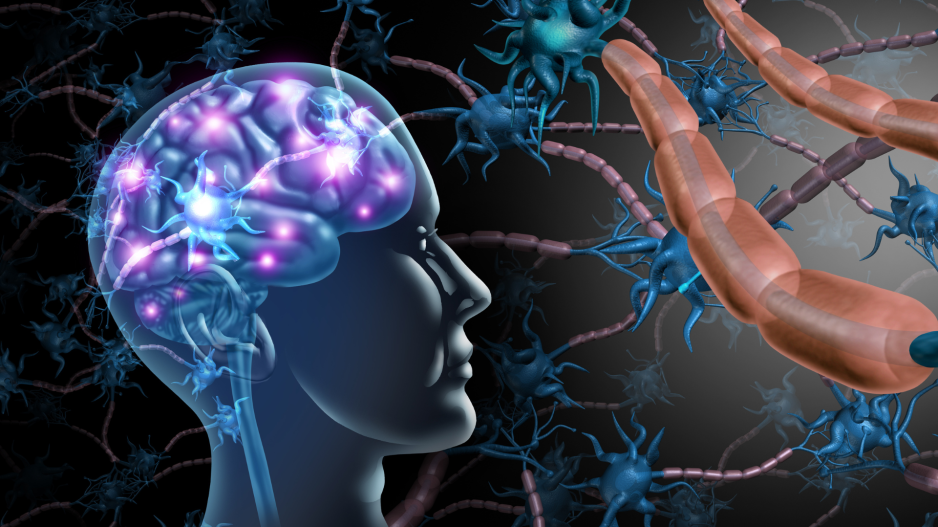How Gut Health Influences Mental Well-being
The Hidden Connection referred to as the "gut-brain axis"
In the evolving landscape of health and wellness, a profound discovery is reshaping our understanding of mental well-being: the intricate relationship between gut health and the brain. This groundbreaking connection, often referred to as the "gut-brain axis," illuminates how the health of our digestive system profoundly influences our mood, cognition, and overall mental health.
The gut-brain axis represents a complex interplay between the central nervous system (the brain) and the enteric nervous system (the gut). This bidirectional communication system involves neural pathways, hormonal signals, and immune responses, collectively shaping our emotional and cognitive states.
-
Neural Pathways: The vagus nerve serves as a direct communication channel between the gut and the brain, facilitating the transmission of signals that influence mood and behavior.
-
Hormonal Signals: Gut microbiota—the diverse community of microorganisms residing in the intestines—produce neurotransmitters such as serotonin, dopamine, and GABA. These chemicals play pivotal roles in regulating emotions, stress responses, and cognitive function.
-
Immune System: The gut microbiota also interact with the immune system, influencing inflammation levels throughout the body. Chronic inflammation, stemming from imbalances in gut bacteria, has been linked to mood disorders like depression and anxiety.
Recent studies underscore the profound impact of gut microbiota on mental well-being:
-
Serotonin Production: Approximately 95% of the body's serotonin, a key neurotransmitter associated with mood regulation, is synthesized in the gut. Imbalances in gut microbiota can disrupt serotonin production, contributing to mood disorders.
-
Inflammation and Mood: Dysbiosis, or an imbalance in gut bacteria, can lead to systemic inflammation, which in turn affects brain function and mood stability.
-
Stress Response: A healthy gut microbiome can enhance resilience to stress by modulating the hypothalamic-pituitary-adrenal (HPA) axis, the body's primary stress response system.
Maintaining a healthy gut microbiome is essential for supporting mental health:
-
Dietary Strategies: Consuming a diverse range of fiber-rich foods, probiotics (such as yogurt and fermented foods), and prebiotics (found in garlic, onions, and whole grains) can promote a balanced gut microbiome.
-
Lifestyle Factors: Regular exercise, stress management techniques, and adequate sleep contribute to overall gut health and support mental well-being.
The emerging science of the gut-brain axis highlights a paradigm shift in how we approach mental health. By recognizing the critical role of gut health in shaping our emotional and cognitive states, we can foster holistic strategies that enhance both physical and mental well-being. As research continues to unveil the intricate mechanisms at play, cultivating a healthy gut microbiome stands poised as a cornerstone of mental health promotion in the 21st century.






